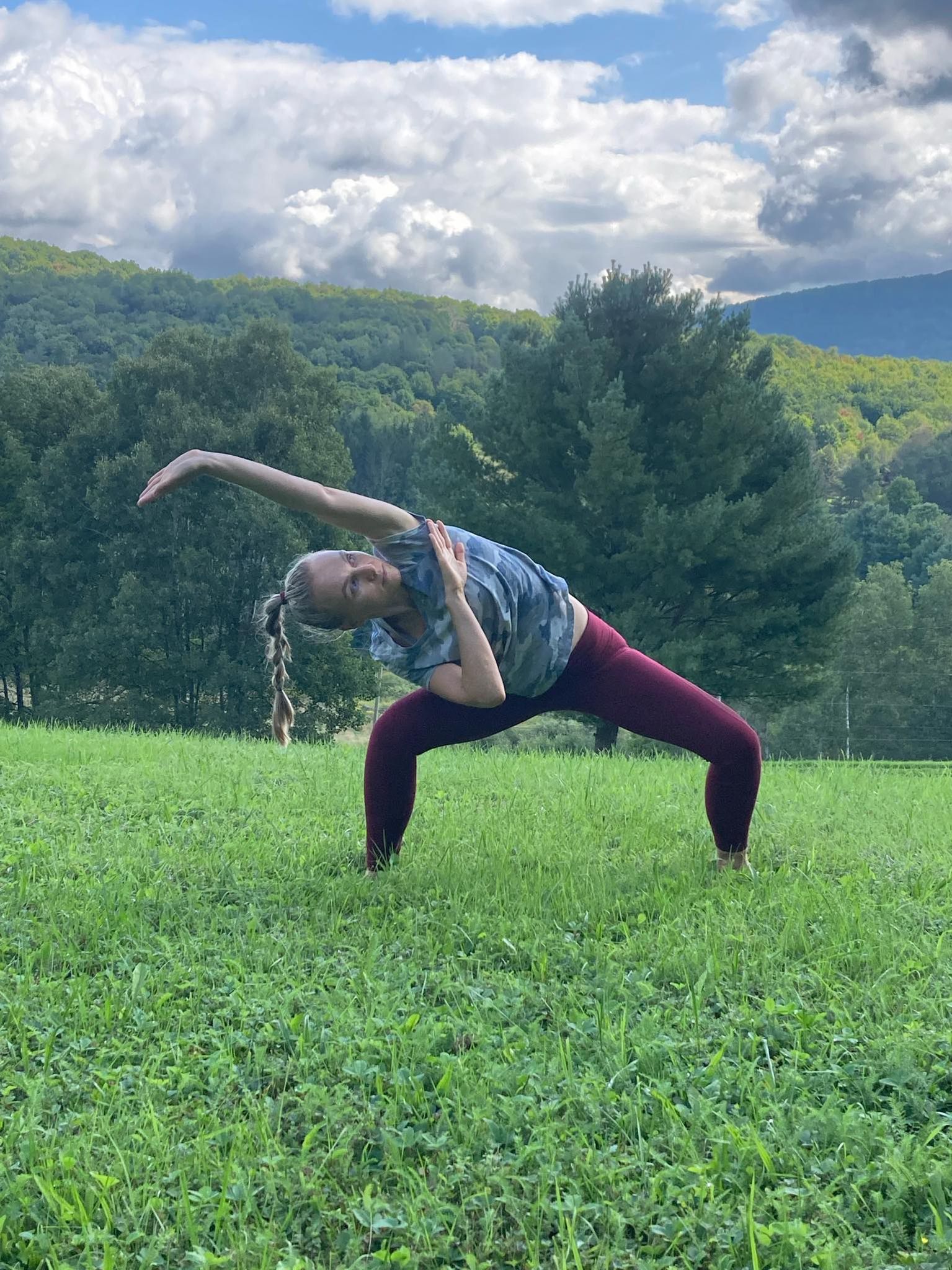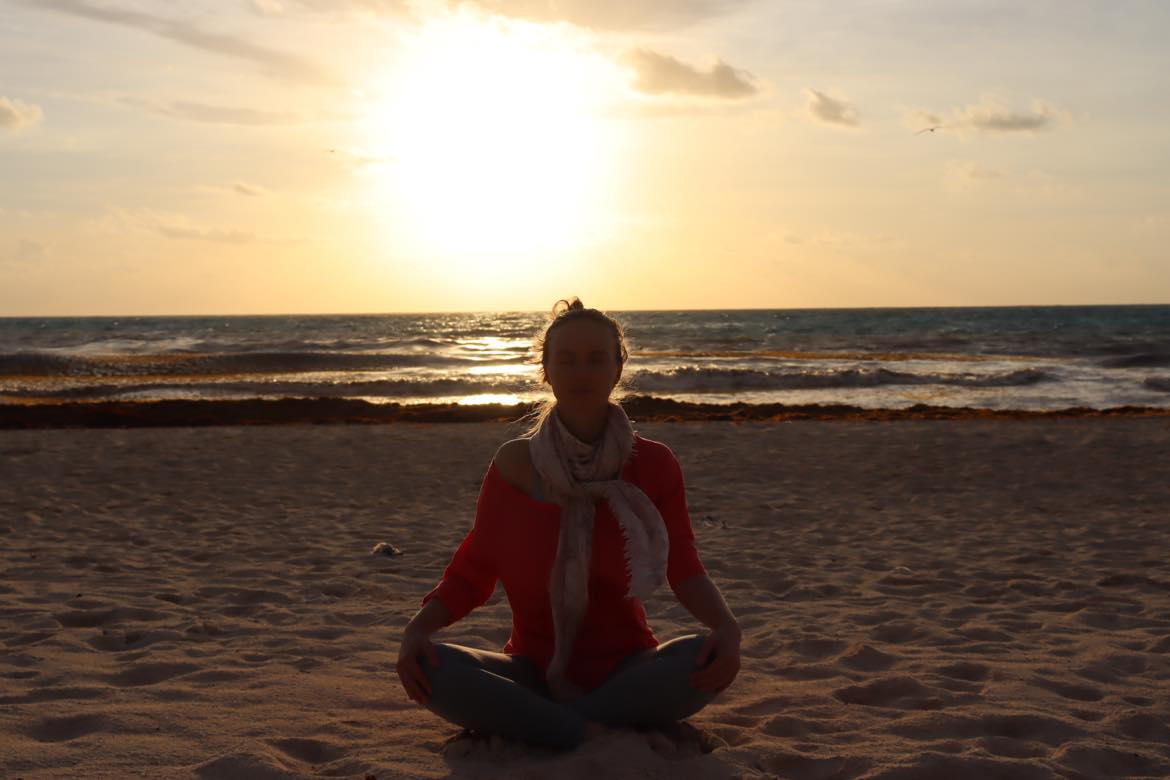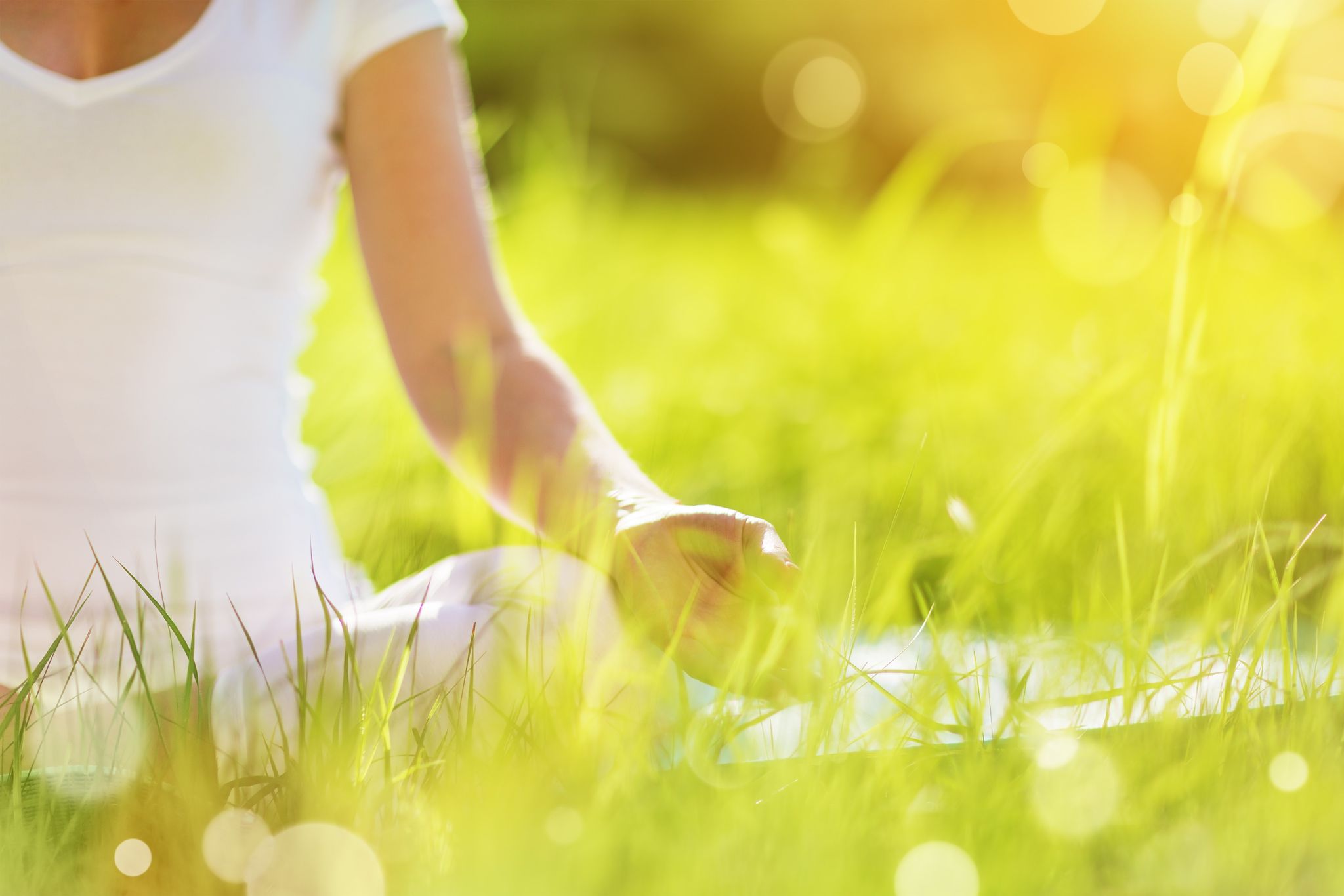Energy & Wellness Solutions
Qigong
Qigong – is an over five-thousand year-old Chinese health modality that combines slow graceful movements with mental concentration and breathing to increase and balance a person’s vital energy – Qi. It is an integral part of Traditional Chinese Medicine, along with acupuncture, acupressure, and herbal medicine. Some refer to it as Chinese yoga. There are over 3000 types of Qigong forms.
Qigong is especially effective in reducing stress thus enhancing the immune system and preventing illness. As such, it acts as an anti-aging method. Qigong practitioners learn how to take more responsibility for their own health care and achieve benefits for their body, mind, and spirit. Qigong is not just a physical exercise system or a healing technique; it is a way of being.
Below are benefits and positive effects of qigong as noted in a variety of reports, reviews, and research studies.

Tao and Taoism
Tao Te Ching, the best-known Taoist classic, attributed to Lao Tzu, has become the most translated text, second only to the Bible. It is a book of poetry presenting the structure of the world and the simple way of following the Tao and living life at peace with one’s self, others, and the world. The Tao-Te-Ching is an attempt to remind people that we are all connected to each other and to the Earth.
Everyone could live together peacefully if people would only be mindful of how their thoughts and actions affect themselves, others, and the Earth. Taoist philosophy recognizes that the Universe already works harmoniously according to its own ways; if a person exerts his will upon the world, he disrupts the harmony that already exists, he goes ‘against the flow of life’.
All things in the Universe, including mankind, are a micro cosmos of the macro cosmos, to which all natural laws such as The Five Elements Theory, Feng Shui, Bagua and Yin – Yang philosophy, apply.
All things with their transformations and changes are considered to be self-regulating, self-expressing in their natural form. Wu -wei does not mean not acting at all, but rather not forcing things on their way.
By understanding himself, man may gain knowledge of the Universe, and vice versa.
The main virtues of Taoism are: compassion, kindness, love, moderation, simplicity, frugality, humility, modesty.
At the heart of the whole Tao way is the energy of Qi (or Chi) and the principle of balance between the masculine Yang and the feminine Yin. The flow of Qi is believed to be the influence that keeps the universal order of Tao balanced.
Taoism offers the way to achieve harmony between Yin and Yang. The Qi energy can facilitate connection and balance between body, mind and environment, which is the main objective of all the followers of Taoism.
Our physical and mental health is affected by our “way of life”. Rituals, foods, meditation, visualization, imagination, qigong, t’ai-chi, breathing techniques, herbs, knowledge of nature and application of traditional Chinese medicine influence our energy and the energy of those around us.
Mindfullness



Originating from ancient Eastern traditions, the practice of mindfulness has grown tremendously in popularity over the past several decades. Mindfulness means maintaining a moment-by-moment awareness of our thoughts, feelings, body sensations, and surrounding environment, through a gentle, nurturing lens.
Mindfulness also involves acceptance of our circumstances, thoughts and feelings without judging them—without believing that there’s a “right” or “wrong” way to think or feel in a given moment. When we practice mindfulness, our thoughts tune into what we’re sensing in the present moment rather than rehashing the past or imagining the future.
Studies have shown that practicing mindfulness, even for just a few weeks, can bring a variety of physical, psychological, and social benefits. Here are some of these benefits, which extend across many different settings.
Mindful Movement



Mindful movement is an activity and/or exercise performed with awareness. It is putting your attention and focus on noticing and feeling what your body does while engaging in movement. It is a mental focus and practice of being aware of our entire body. Mindful movement allows us to recognize the capability and potential of our bodies.
While many types of aerobic and anaerobic exercise promote physical and mental wellbeing, there are specific “schools” of physical activity with a more distinct mind-body approach, such as:
Qigong: Chinese practice using movement, affirmations, breathwork, visualizations, and meditation to improve the flow of Qi (life force), restore internal harmony, and restore the practitioner’s harmony with nature.
Tai Chi: Chinese system of physical exercises designed to facilitate the flow of Qi (life force) in the body, promoting good health and vitality. Tai Chi utilizes movements that are Yin Yang opposites: softness and strength, forward and backward, action and calm.
Yoga: multidimensional system that includes stretching and strengthening poses, breathing exercises, and ethical and meditation practices. It uses body, breath, and senses to reconnect the practitioner with the universe and move emotions and thoughts into stillness.
Mindful movement can be a mixture of Yoga, Qigong, mindfulness meditation, breathing, and relaxation exercises.
Benefits of Mindful Movement:
Health Coaching
Health coaching is a process that facilitates healthy, sustainable behavior change, by challenging you to listen to your inner wisdom, identify your values, and transform goals into actions.
Have you ever received good advice that you were unable to follow? Has your doctor ever recommended a lifestyle change that you found to be unsustainable? Have you ever wanted something in your life, but found you couldn’t achieve it alone?
Health Coaches are knowledgeable advisors who provide ongoing support and guidance as you set goals and make sustainable changes towards improving your health and wellbeing..


